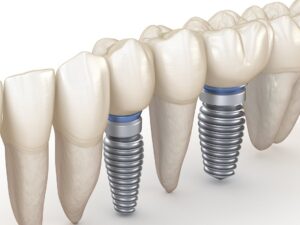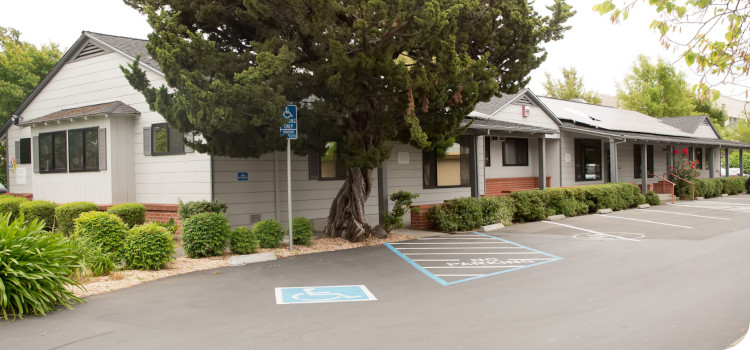 Tooth loss can be a threat to your smile in more ways than you might realize at first. For example, losing teeth roots can have a diminishing effect on several different oral structures, including your dental ridge. Because of these effects, dental implants (which replace your lost teeth roots) are often the best solution for replacing teeth and recovering from tooth loss. The good news is that many patients can qualify for dental implants fairly easily. However, there are some conditions that might affect the ability to receive dental implant posts right away, and these conditions may have to be resolved before you can qualify for dental implant placement.
Tooth loss can be a threat to your smile in more ways than you might realize at first. For example, losing teeth roots can have a diminishing effect on several different oral structures, including your dental ridge. Because of these effects, dental implants (which replace your lost teeth roots) are often the best solution for replacing teeth and recovering from tooth loss. The good news is that many patients can qualify for dental implants fairly easily. However, there are some conditions that might affect the ability to receive dental implant posts right away, and these conditions may have to be resolved before you can qualify for dental implant placement.
The state of your periodontal health
Your periodontal health refers to the state of your periodontal tissues (gums) and the ligaments that support your healthy, natural teeth roots. For many people, periodontal disease is the reason why they experienced tooth loss; as it progresses, the disease erodes the tissues, ligaments, and jawbone structure that support their teeth. If you have periodontal disease, then its presence could become a threat to your dental implants, as well. Therefore, treating and managing the disease will take precedence, and will need to occur before you can replace the teeth you’ve lost.
The quality of your jawbone structure
One of the more extreme consequences of severe periodontal disease is the erosion and weakening of your jawbone structure, which is also a significant factor in the tooth loss it causes. However, even if you don’t have periodontal disease, your jawbone structure can also be impacted by the loss of your teeth roots. These roots are essential to stimulating your jawbone and surrounding oral structures, promoting a healthier flow of nutrients to these structures. If your jawbone has lost mass and density as a result of a loss of this stimulation, then you may need to fortify it with grafting to strengthen the structure in order to receive dental implant posts.
The presence of impacted wisdom teeth
Impacted wisdom teeth, or third molars, can create a wide range of problems all on their own. The impaction can force the molars against other teeth nearby, damaging them and/or forcing them out of alignment. If you have one or more impacted wisdom teeth at the time you receive your dental implants, then the third molars may lead to complications that could compromise your dental implants and restoration. Before replacing your lost teeth, it may be a good idea to extract your impacted wisdom teeth first to avoid such problems.
Find out what you need to get dental implants
Dental implants can be the most effective way to recover from tooth loss, though you may need some prep work before your smile is ready to receive them. To learn more, or to schedule a consultation, call Santa Rosa Oral Surgery in Santa Rosa, CA, today at 707-545-4625.

